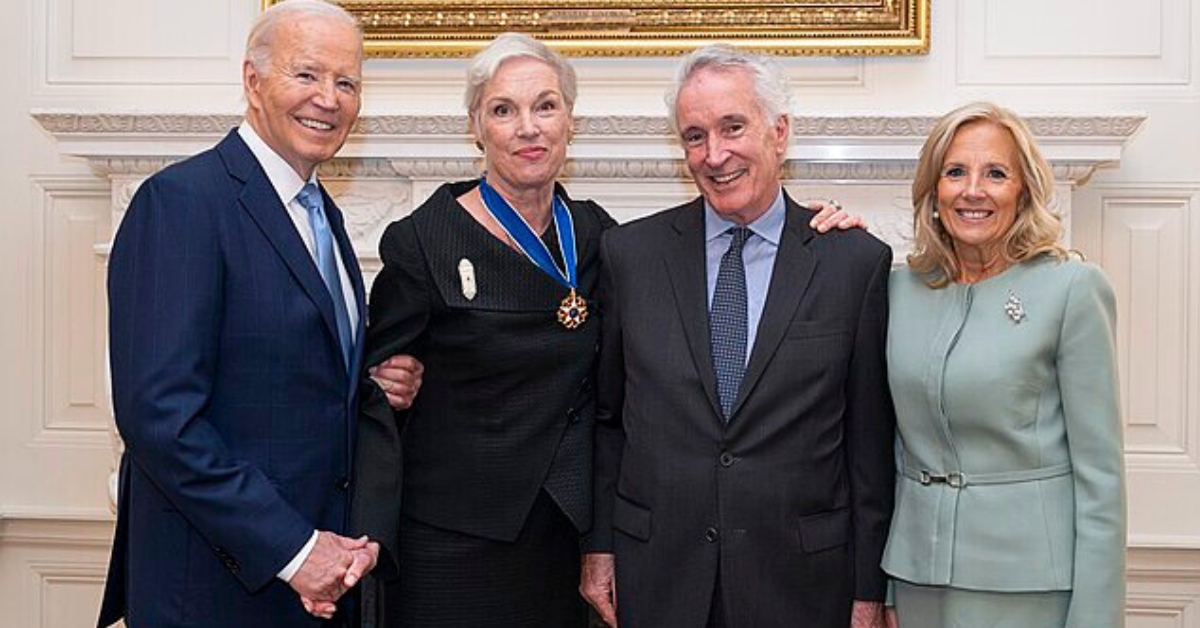
Court Victory for Pro-Life Centers Against Yelp’s Biased Notices
In what’s shaping up to be a significant win for the champions of life and the tireless warriors in pro-life pregnancy centers, a recent court ruling has thrown a wrench in Yelp’s efforts to cast a shadow over these bastions of hope and support for pregnant women seeking alternatives to abortion. The online juggernaut, Yelp, found itself on the losing side of a legal skirmish against Texas Attorney General Ken Paxton, a steadfast advocate for the unborn and their mothers.
The heart of this legal battle lies in Yelp’s controversial decision to slap consumer notices on the profiles of crisis pregnancy centers. These notices, ostensibly aimed at informing the public, insinuate that such centers offer limited medical services and lack licensed medical professionals. Yet, in a glaring display of bias, Planned Parenthood and its ilk, organizations that profit from the destruction of unborn life, remain unscathed by such warnings on Yelp’s platform.
U.S. District Judge Trina Thompson’s ruling underscores a vital principle: federal courts should tread carefully in state enforcement actions, stepping in only when there’s undeniable evidence of bad faith. In this case, while questioning Paxton’s motives, Thompson found Yelp’s preemptive legal strike against Paxton’s forthcoming lawsuit lacking in concrete evidence to substantiate claims of malice. Thus, Yelp’s lawsuit was dismissed, marking a pivotal moment in the ongoing struggle between the sanctity of life and the pervasive influence of Big Tech.
Paxton’s response to the ruling was both triumphant and telling. “Yelp cannot mislead and deceive the public simply because the company disagrees with our state’s laws,” he stated, echoing the sentiments of many who have long questioned the ethical implications of Yelp’s actions. This ruling is not merely a procedural victory; it’s a clarion call to all who value life, signaling that the underhanded tactics employed by some in the tech industry to undermine pro-life efforts will not go unchallenged.
Despite the setback, Yelp remains defiant, vowing to continue its campaign against pro-life pregnancy centers. This stubborn persistence reveals a troubling trend within certain sectors of the tech industry: a willingness to wield their considerable influence to shape public opinion and behavior on one of the most contentious issues of our time—abortion.
As the dust settles on this legal skirmish, one thing is abundantly clear: the fight for the unborn and the support of their mothers in crisis is far from over. Pro-life pregnancy centers, with their unwavering commitment to providing compassionate care and viable alternatives to abortion, will continue to stand as beacons of hope in a society increasingly polarized by this issue.














